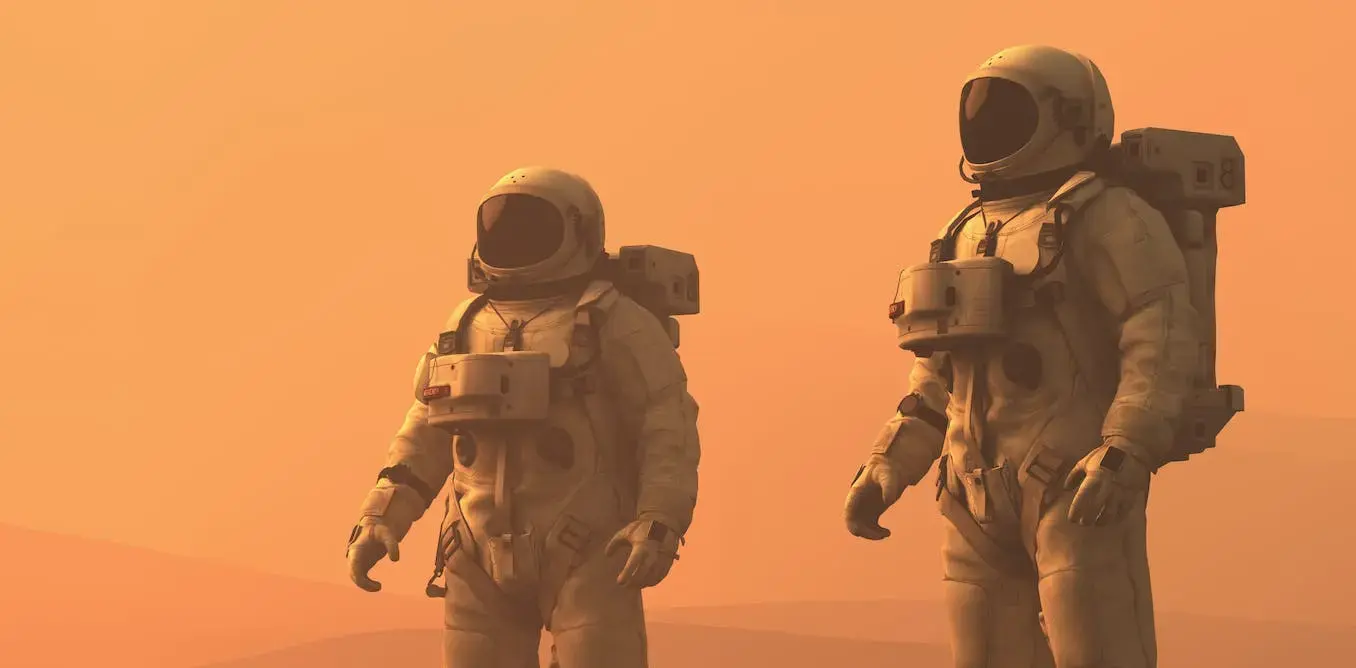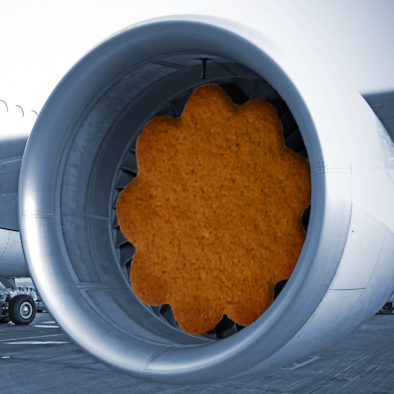If you die in space, you die in the real world.
I thought you’d just respawn at Earth, the more you know!
Not enough bandwidth to send you back into the Matrix…
I think I’ve read that the ‘blood boiling’ trope is overstated. Only fluids in direct contact with your environment would boil off, but the blood within the body would earlier freeze than boil.
https://physics.stackexchange.com/questions/91215/how-does-blood-saliva-boil-in-outer-space
It would mostly depend on whether you were in shade or in sunlight, and how far away from the Sun.
In Earth orbit, the raw energy from the Sun is about 1kW/m², which with a radiance similar to that of Earth, would leave a body at around average Earth temperature, or something like 14C… except the sunward side would end up charred, while the starward part kind of frozen.
But, here comes the fun part: a body would likely be rotating, like a slow roast, followed by freezing, breaking of blood vessels, then thawing, bubbling out, freezing, thawing, and so on, and on, and on.
Not sure if anyone has run the exact numbers as to what would it look like precisely, but my initial guess is “less than pleasant”.
Not sure if anyone has run the exact numbers as to what would it look like precisely, but my initial guess is "less than pleasant
Hah!
Indeed, circumstances matter, but the process would be not as dramatic as often portrayed. The instant boiling blood on contact with the vacuum is a myth. It wouldn’t be pleasant, but not very violent.
After all, the pressure difference is about one bar. Deep sea structural collapse is way more dramatic than the same thing happening in space.
I fear there will be a huge effort to retrieve the first person to die in space if they’re in orbit, similar to the hunt for ocean gate.
Compost seems like a reasonably good idea also 😅
I’m sure the potatoes would appreciate it
Well hopefully I would be ejected from the gravitational pull of Earth and sent into the far reaches of space where I would float for billions and billions of years. Eventually, I would be found by an advance space faring species and reanimated, thus starting my triumphant bid to take back my home planet, only to learn that humans died off billions of years ago and an newly emerging, yet rather intelligent homonid has evolved on a planet Earth that has healed from it’s homo sapien induced climate disaster.
By now, the planet’s tectonic forces will have moved the crust into a “neo-pagea”, in fact this has happened a few times over by now, and our old home’s surface is unrecognizable from what I would have left behind…
My first plan will be to plant an obelisk on the planet, to see how these new hominids behave.
Suppose the astronaut died after landing, while on the surface of Mars.
Cremation isn’t desirable; it requires too much energy that the surviving crew needs for other purposes. And burial isn’t a good idea, either. Bacteria and other organisms from the body could contaminate the Martian surface. Instead, the crew would likely preserve the body in a specialized body bag until it could be returned to Earth.
That seems like a silly contradiction. If we are going to mars we are going to contaminate it. We are the invasive species in that case, and we are the life there.
Even probes we have sent haven’t been perfectly sterilized, despite our best efforts.
Returning anything from the surface requires a lot of energy. And if we are there in person doing research we are gonna contaminate things. Would make the most sense to do a burial and call it a day imho.
https://www.space.com/11536-moon-microbe-mystery-solved-apollo-12.html
The “specialized body bag” to return someone to Earth seems like it might as well be a specialized body bag to bury them there.
Special body bag designed to burn up everything in atmosphere… astroviking funeral style
Some contamination is unavoidable, but we want to minimize it at least in the beginning, just in case those samples from 50 years ago that might have revealed the presence of life that we killed, were actually samples that revealed the presence of life that we killed:
https://bigthink.com/hard-science/accidentally-killed-life-mars/
They go to space heaven?









